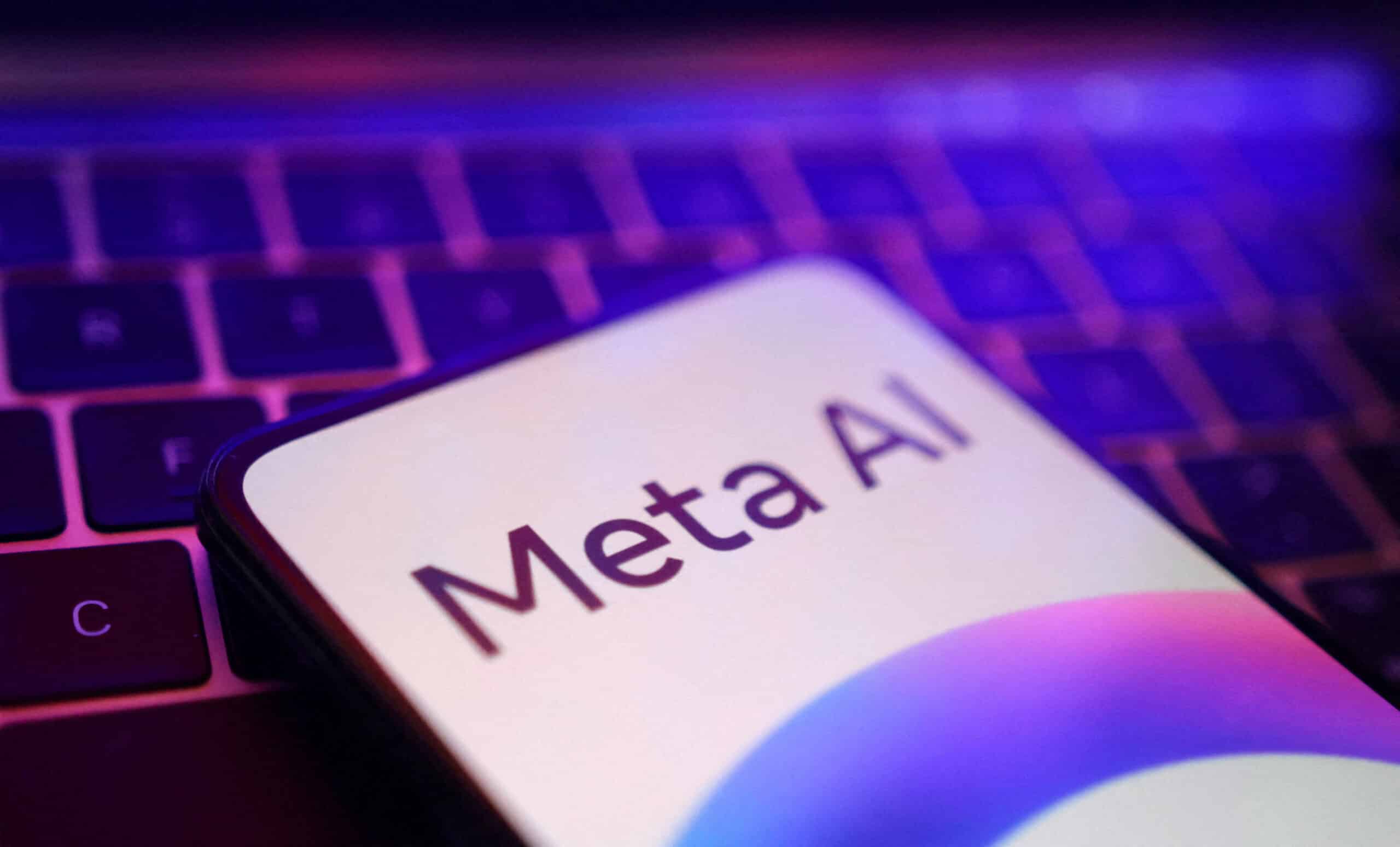Meta Faces Copyright Lawsuit Over AI Training

Meta, the parent company of Facebook and Instagram, is embroiled in a significant copyright lawsuit. The lawsuit alleges that Meta used copyrighted materials without permission to train its artificial intelligence (AI) models. Multiple complainants, including bestselling authors like Sarah Silverman and Ta-Nehisi Coates, have come forward with serious accusations against the tech giant. They claim that Meta utilized pirated e-books and articles to develop its Llama AI models, violating copyright laws in the process. The lawsuit raises critical questions about the ethical use of copyrighted materials in AI training and the responsibilities of tech companies in this evolving landscape.
Allegations of Copyright Infringement
The lawsuit centers on claims that Meta knowingly used pirated content from a file-sharing platform called Library Genesis, or LibGen, to train its Llama AI models. LibGen is notorious for providing free access to a vast array of academic and general-interest content, much of which is copyrighted. The complainants argue that Meta’s actions constitute a blatant disregard for copyright laws. They assert that the company had full knowledge of the pirated nature of the content it was using. The legal documents filed in the US District Court for the Northern District of California detail how Meta’s CEO, Mark Zuckerberg, allegedly approved the use of this dataset for AI training.
According to the filings, a memo circulated among Meta’s AI decision-makers indicated that the AI team was given the green light to use LibGen after an escalation to Zuckerberg. This memo also warned that public knowledge of using a pirated dataset could jeopardize Meta’s position with regulators. The complainants argue that this shows a clear intent to bypass legal avenues for acquiring the necessary materials for AI training. The implications of these allegations are significant, as they challenge the ethical boundaries of AI development and the responsibilities of companies in safeguarding intellectual property.
Concealing Copyright Information
The lawsuit further claims that Meta took steps to conceal its use of the LibGen dataset. Allegedly, Nikolay Bashlykov, a research engineer in Meta’s AI division, removed copyright information from the dataset. This action raises serious ethical questions about transparency in AI training. The complainants argue that by stripping away copyright details, Meta aimed to hide its infringement and mislead stakeholders about the origins of its training data.
Moreover, the documents reveal that Meta’s programmers included “supervised samples” of data when fine-tuning the Llama AI models. This was purportedly done to ensure that the AI’s responses would be less incriminating when asked about the sources of its training data. Such tactics, if proven true, could indicate a deliberate effort to obscure the company’s actions and evade accountability. The lawsuit highlights the need for greater transparency in AI development, especially as these technologies become increasingly integrated into society.
The Legal Landscape and Future Implications
The copyright lawsuit against Meta is currently open, and the outcome remains uncertain. Meta has yet to present its defense, which is expected to revolve around the concept of fair use. The court will need to determine whether the generative capabilities of the Llama AI models can be considered transformative enough to justify the use of copyrighted materials without permission. This case could set a significant precedent for how AI companies navigate copyright laws in the future.
As the legal battle unfolds, it raises broader questions about the responsibilities of tech companies in the age of AI. The outcome could influence how AI models are trained and the ethical considerations that come into play. If the court rules against Meta, it may prompt other companies to reevaluate their practices regarding copyrighted materials. Conversely, a ruling in favor of Meta could embolden tech giants to continue using similar methods, potentially leading to further legal challenges in the future.
As the situation develops, industry observers will be watching closely. The implications of this lawsuit extend beyond Meta, touching on the very foundations of copyright law and the future of artificial intelligence.
Observer Voice is the one stop site for National, International news, Sports, Editor’s Choice, Art/culture contents, Quotes and much more. We also cover historical contents. Historical contents includes World History, Indian History, and what happened today. The website also covers Entertainment across the India and World.

